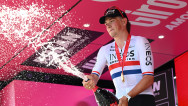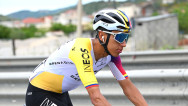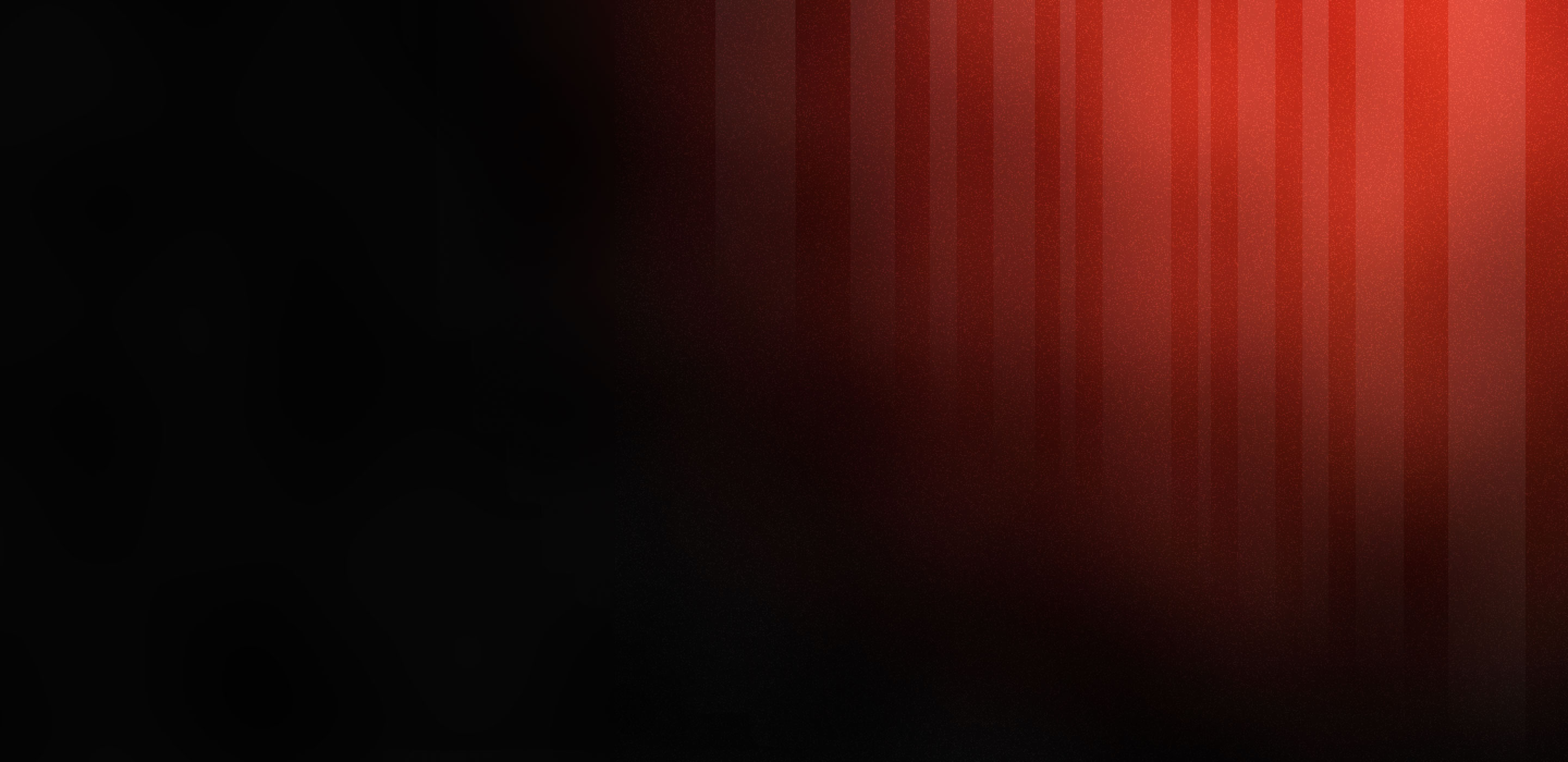News
Type ALL TYPES
Discipline ALL

10 May 25
Tarling powers to Giro TT victory
announcement
09 May 25
Strong start for Bernal at Giro d'Italia
race Report
06 May 25
Caleb Ewan announces retirement
announcement
04 May 25
Carlos secures sixth overall in Romandie
race Report
03 May 25
Rodriguez finishes fifth on queen stage in Romandie
race Report
02 May 25
Bernal and Arensman to lead INEOS Grenadiers at the Giro d’Italia
announcement
01 May 25
Rodriguez moves up GC at Romandie
race Report
30 Apr 25
Shmidt sprints to third in Romandie
race Report
29 Apr 25
Watson fires to first win at Tour de Romandie
race Report
27 Apr 25
Axel sprints to Liege top-10
race Report
25 Apr 25
Thymen takes second at Tour of the Alps
race Report
24 Apr 25
Thymen triumphs at Tour of the Alps
race Report
23 Apr 25
Battle of the breaks at Fleche Wallonne
race Report
21 Apr 25
AJ makes break as Thymen kicks off GC campaign
race Report
13 Apr 25
Ganna 13th in rapid Roubaix
race Report
11 Apr 25
Gutsy Laurance second in Itzulia
race Report
08 Apr 25
Ewan wins stage two of Itzulia Basque Country
race Report
07 Apr 25

